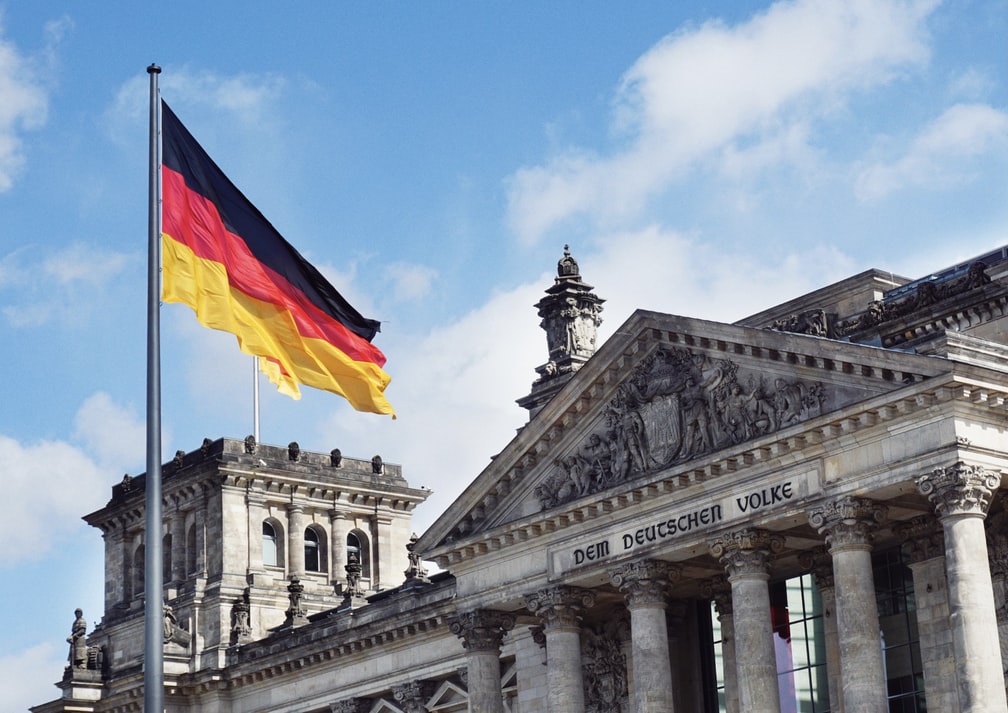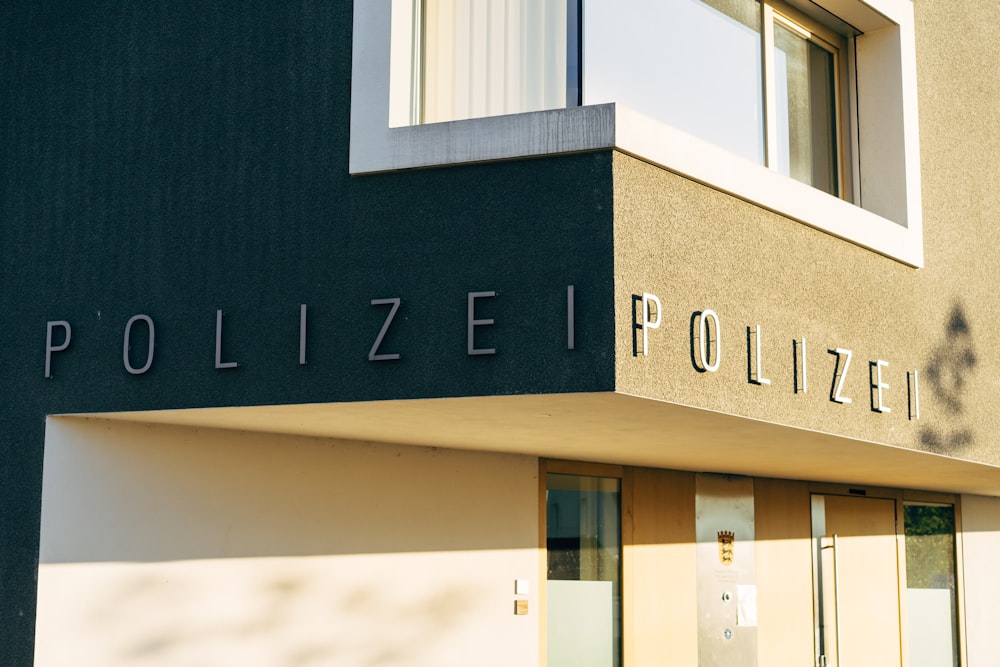
As the service progresses, a police officer can receive the next rank. After the lieutenant, the German police officer has the opportunity to obtain the rank of chief lieutenant (senior lieutenant), which is referred to in Germany as “Obersturmführer”.
Merit and length of service, senior lieutenant can be promoted to captain (SS Hauptsturmführer), and then to Major “Sturmbannführer”. After being awarded the rank of major, a German officer can receive the rank of lieutenant colonel “Obersturmbannfuehrer”, and after that the rank of colonel “Oberfuehrer”. The next rank after colonel is Major General “Brigadeführer”. The ranks of generals in Germany: Lieutenant General (Gruppenfuehrer). General (Obergruppenführer). Colonel-General (SS-Oberst-Gruppenführer).
Service enrollment
The applicant must be German or a citizen of any other EU state, and must also be a supporter of the liberal democratic basic order. The applicant must have a driving license or obtain one later in the course of training. The applicant is suitable for the position of a police officer if he can swim at least 200 meters without a break and proves this accordingly (swimmer’s badge). Applicants with serious medical conditions (cardiovascular disease, spinal hernia, liver, and pancreatic disease) are not eligible for this job. A police clearance certificate is required.
Entrance examination
Applicants to study at the police must be over 163 centimeters, not older than 37 years old, have a high school diploma, know English at least B1 level. One of the main requirements is the citizenship of Germany or one of the countries of the European Union.
But there are exceptions: if the police of a particular city or region need an employee who speaks, for example, Turkish, Arabic, Russian, or other languages that may be needed for work, they will be accepted for study without German citizenship. In North Rhine-Westphalia, this is theoretically possible, in other federal states exceptions are extremely rare. However, after successful selection, you will have to prove with a sworn translator that you truly speak the language of your home country at a native speaker level. Besides, the applicant must already have a residence permit in Germany – indefinite (Niederlassungserlaubnis) or temporary (Aufenthaltserlaubnis).
Excellent physical shape is another selection criterion. Upon admission, you must fill out a form on the official website, which includes detailed questions about the state of health. Besides, you must provide certificates of passing sports standards (Deutsches Sportabzeichen) – one exercise for endurance, speed, coordination, and strength. These tests can be taken free of charge at schools or sports centers. At the same time, you can choose the exercises: for example, in the category “speed” they offer to run 100 meters or swim 25 meters in the pool for a certain time. You must also have a Category B driving license and obtain a water lifeguard license.
Police Casting
The competition for future police officers lasts three days. At the first stage, participants are invited to the central selection committee of the federal state, in North Rhine-Westphalia it is located in Münster. Here they conduct a computer test: they check logic, spelling, the ability to solve problem situations, and perform several tasks at the same time.
You can prepare for this exam with the help of special literature and at consultations with the police, which you can sign up for before the start of the selection. The reaction speed will also be appreciated: as the police joke, it’s easy for PlayStation fans – tasks are performed on a console. After successfully passing the test, candidates are asked to stay for a short interview. The commission may have questions about your documents or lifestyle and bad habits.
The second stage is a health assessment: candidates are given an ECG, eyesight and hearing are checked. Body mass index should be between 18 and 25. Suitable candidates are invited to police stations for the third stage. Here they will be selected according to the assessment center method: modeling two conflict situations, speaking in public, and a half-hour interview.
Police Tattoos
When applying for study and work in the police, the presence of tattoos is taken quite seriously: they are not prohibited but must meet certain requirements. Tattoos should not be on open parts of the body: on the neck, face, arms. Moreover, the size of the tattoos should not exceed the size of the inner side of the palm. In any case, a photo of the permanent drawing must be attached to the application for training, so that the special commission for body jewelry (Körperschmuckkommission) can check it for the absence of symbols prohibited in Germany.
There is another myth about police officers: all employees must have perfect eyesight. If you wear glasses or lenses, there are still chances of getting into the police: at least 50 percent of your vision should remain before the age of 21, at least 30 percent after the age of 21. They will be accepted for study even after laser correction, but only if initially the visual acuity was not lower than -5 diopters and did not exceed +3.5 diopters. Only a year after such an operation, you can apply for employment.
Three years of study – and you are guaranteed to get a place in the German police and a bachelor’s degree. The first year of work will take place at the police station, where the graduate is assigned. The next three years will have to serve in the operational police detachment. Only after that employees have the right to change their specialization and place of work.

